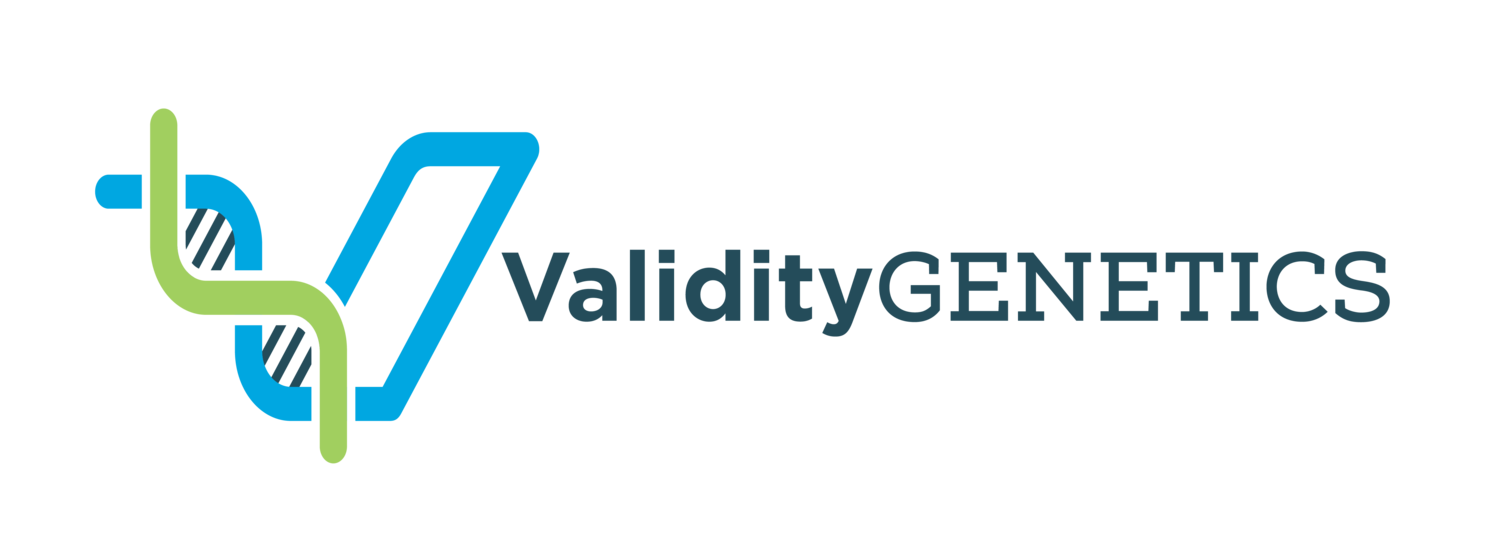Immigration DNA USCIS Services
How it Works and When You Need It
DNA testing often plays a critical role in immigration processes by providing definitive proof of biological relationships. Here’s an easy-to-follow overview of immigration DNA testing, its requirements, the testing process, and how it can help verify family relationships during immigration applications.
When Might You Need Immigration DNA Testing?
Immigration DNA testing is typically necessary when primary documentation (like birth certificates, marriage certificates, or family records) is missing, incomplete, or questioned by immigration authorities. Common scenarios include:
Family visa applications
Proving parentage or sibling relationships
Adoption cases
Citizenship verification
The USCIS, U.S. embassies, or immigration offices may specifically request DNA tests to clearly establish family ties.
Contact Us for more US Immigration and VISA Information
Fill out the form below to have a representative contact and speak with you about your specific Immigration or VISA case:
Types of Immigration DNA Tests
DNA tests commonly used for immigration include:
Paternity DNA Tests: Confirm biological father-child relationships.
Maternity DNA Tests: Verify biological mother-child relationships.
Sibling DNA Tests: Determine whether siblings share one or both parents.
Grandparent DNA Tests: Confirm family relationships when direct parents are unavailable.
Each of these tests provides scientific evidence supporting immigration applications.
How Immigration DNA Testing Works
The immigration DNA testing process involves the following steps:
Official Request: The immigration authority specifies required relationship verification - Most Important Step
Scheduling and Collection: DNA samples are collected using a painless buccal (cheek) swab by authorized and supervised professionals to maintain the chain-of-custody required by immigration law.
Laboratory Analysis: DNA samples undergo thorough analysis at an AABB-accredited laboratory (such as is done through Validity Genetics).
Reporting Results: Results are securely sent directly to immigration authorities, with copies typically provided to applicants.
Why Choose an AABB Accredited Laboratory?
Immigration authorities require DNA testing from an AABB-accredited laboratory to ensure reliability and accuracy. Validity Genetics laboratory partner meets these standards, ensuring your DNA test results are recognized and accepted by USCIS and embassies worldwide.
Important Things to Remember
To ensure a smooth DNA testing process for immigration:
Use Accredited Labs: Confirm the testing facility has AABB accreditation required by immigration authorities.
Understand Chain-of-Custody Procedures: Strict guidelines ensure samples are handled and processed correctly.
Follow Timelines: Immigration agencies usually set deadlines for test completion and results submission.
Accuracy and Reliability of Immigration DNA Tests
DNA tests for immigration provide highly accurate results:
Parent-Child Relationship Tests: Typically 99.99% accurate.
Sibling and Grandparent Tests: Provide high-probability percentages based on shared genetic markers.
Every Immigration Case Is Unique
Every immigration situation is different. Consulting with immigration experts, attorneys, or DNA testing specialists familiar with your specific circumstances ensures you select the appropriate test and fulfill all immigration requirements.
Final Thoughts on Immigration DNA Testing
DNA testing is a valuable tool that can clearly verify biological relationships, simplifying your immigration process. Understanding how it works, the importance of accreditation, and following proper procedures can greatly enhance your application.


